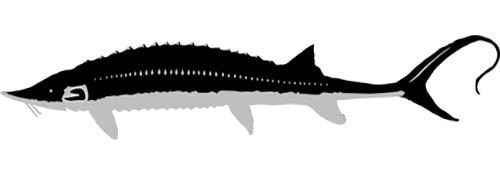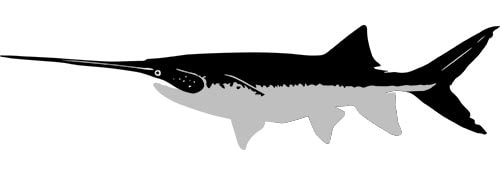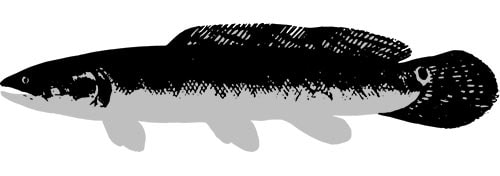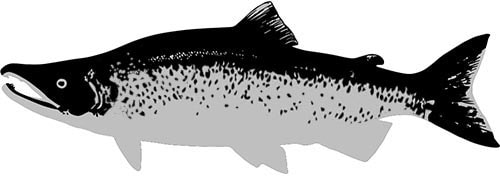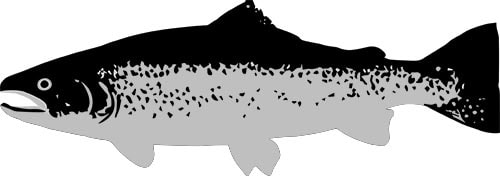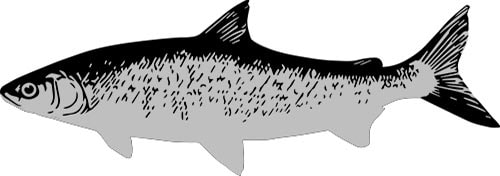Great Atlantic Trading is a leader in providing American specialty foods, roe, and caviar to nations around the globe and is the best option for by-the-book U.S. exportation and intentional importation.
We are able to help any potential customer figure out costs, necessary permits, and processes that must be completed in order to successfully import caviar or other goods into their country. With years of exporting experience and thousands of shipments already delivered to overseas customers, you can be sure you are in good hands when dealing with GAT.
Additionally, we are able to offer custom private labeling on any product, and can help grow caviar and specialty market within your nation with specialized marketing and sales material. See our most popular products already being sent abroad:
We are able to help any potential customer figure out costs, necessary permits, and processes that must be completed in order to successfully import caviar or other goods into their country. With years of exporting experience and thousands of shipments already delivered to overseas customers, you can be sure you are in good hands when dealing with GAT.
Additionally, we are able to offer custom private labeling on any product, and can help grow caviar and specialty market within your nation with specialized marketing and sales material. See our most popular products already being sent abroad:
U.S. DOMESTIC AMERICAN CAVIAR AND FISH ROE
|
BLACK CAVIAR
Hackleback - Scaphirhynchus Platorynchus -
CITES required Paddlefish - Polyodon Spathula - CITES required
Bowfin - Amia Calva
|
RED CAVIAR
Rainbow Trout - Oncorhynchus Mykiss
Golden Whitefish - Coregonus Clupeaformis
|
CITES - TRUST & TRACEABILITY
All sturgeon and paddlefish fish products & caviar imported and or exported into any country worldwide must have a CITES permit (Convention Of International Trade In Endangered Species) to prove the products were harvested legally and without detriment to the species in accordance with the international CITES law. All imports and exports must be labeled with the CITES number for each individual lot and a copy of this document must be kept on file to prove the goods were of legal status. If you would be interested in importing any of our products please contact us to find out more about the necessary paperwork for exporting from the U.S. and importing in your country.
All sturgeon and paddlefish fish products & caviar imported and or exported into any country worldwide must have a CITES permit (Convention Of International Trade In Endangered Species) to prove the products were harvested legally and without detriment to the species in accordance with the international CITES law. All imports and exports must be labeled with the CITES number for each individual lot and a copy of this document must be kept on file to prove the goods were of legal status. If you would be interested in importing any of our products please contact us to find out more about the necessary paperwork for exporting from the U.S. and importing in your country.
Great Atlantic Trading goes through yearly inspections from many different food safety and species protection agencies to ensure our products are safe and sustainable. We are certified to ship caviar from protected and unprotected species overseas in conformity with U.S. and foreign national laws. No matter the product's delivery address, we will ship with the documentation needed for export and import depending on what is admissible by the country of destination.
U.S. Fish and Wildlife Service (FWS) - The trade of sturgeon/paddlefish caviar and meat is carefully regulated by the U.S. government. All import and export of these products must meet CITES requirements and must be declared to a U.S. Fish and Wildlife Service Inspector. Each wild-caught sturgeon and paddlefish harvested from U.S. waters is to be documented and reported to the FWS as well. Types of sturgeon that are listed as a threatened or endangered species are banned by FWS and illegal to buy and sell inside the United States of America.
Animal and Plant Health Inspection Service (APHIS) - This branch of the U.S Department of Agriculture (USDA) plays a vital role in ensuring the free flow of agricultural trade by keeping U.S. agricultural industries free from pests and diseases and certifying that the millions of U.S. agricultural and food products shipped to markets abroad meet the importing countries' entry requirements. They also keeps export markets open for American agricultural products by working to eliminate unjustified sanitary or phytosanitary (SPS) barriers. The APHIS plays an important part in observing and regulating the health of any plants and animals being traded in the domestic or global market in order to protect the world from the spread of infestation, disease, and foodborne illness.
National Oceanic and Atmospheric Administration(NOAA) - This branch of the U.S. Department of Commerce ensures, through science-based decision-making and compliance with regulations, that fisheries and fishing communities are both productive and sustainable. It also aims to recover and conserve protected marine resources by monitoring the domestic and international trade of such resources, inspecting the sources and distribution centers of marine products, as well as collecting and analyzing data at NOAA's five regional offices, six science centers, and more than 20 laboratories across the United States and U.S. territories.
Hazard Analysis Critical Control Point (HACCP) - This branch of the Food and Drug Administration (FDA) is a management system in which food safety is addressed through the analysis and control of biological, chemical, and physical hazards from raw material production, procurement and handling, to manufacturing, distribution and consumption of the finished product. The HACCP assesses every aspect of the processes involved in making food goods as well as inspecting the facilities and equipment that come into contact with the product.
U.S. Fish and Wildlife Service (FWS) - The trade of sturgeon/paddlefish caviar and meat is carefully regulated by the U.S. government. All import and export of these products must meet CITES requirements and must be declared to a U.S. Fish and Wildlife Service Inspector. Each wild-caught sturgeon and paddlefish harvested from U.S. waters is to be documented and reported to the FWS as well. Types of sturgeon that are listed as a threatened or endangered species are banned by FWS and illegal to buy and sell inside the United States of America.
Animal and Plant Health Inspection Service (APHIS) - This branch of the U.S Department of Agriculture (USDA) plays a vital role in ensuring the free flow of agricultural trade by keeping U.S. agricultural industries free from pests and diseases and certifying that the millions of U.S. agricultural and food products shipped to markets abroad meet the importing countries' entry requirements. They also keeps export markets open for American agricultural products by working to eliminate unjustified sanitary or phytosanitary (SPS) barriers. The APHIS plays an important part in observing and regulating the health of any plants and animals being traded in the domestic or global market in order to protect the world from the spread of infestation, disease, and foodborne illness.
National Oceanic and Atmospheric Administration(NOAA) - This branch of the U.S. Department of Commerce ensures, through science-based decision-making and compliance with regulations, that fisheries and fishing communities are both productive and sustainable. It also aims to recover and conserve protected marine resources by monitoring the domestic and international trade of such resources, inspecting the sources and distribution centers of marine products, as well as collecting and analyzing data at NOAA's five regional offices, six science centers, and more than 20 laboratories across the United States and U.S. territories.
Hazard Analysis Critical Control Point (HACCP) - This branch of the Food and Drug Administration (FDA) is a management system in which food safety is addressed through the analysis and control of biological, chemical, and physical hazards from raw material production, procurement and handling, to manufacturing, distribution and consumption of the finished product. The HACCP assesses every aspect of the processes involved in making food goods as well as inspecting the facilities and equipment that come into contact with the product.
|
Great Atlantic Trading Company 563 Seaside Rd Ocean Isle Beach, NC 28649 Toll Free: (888) 268-8780 | Local (910) 575-7979 [email protected] |
Great Atlantic Trading Inc.
|
1(888) 268-8780
|

